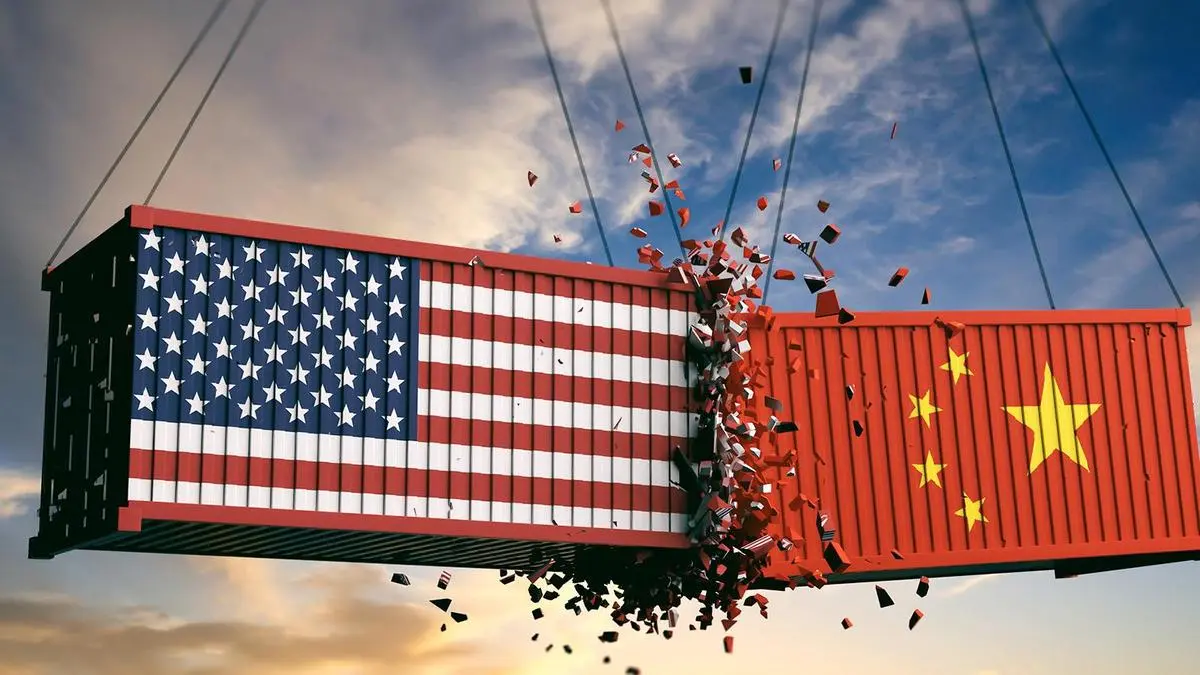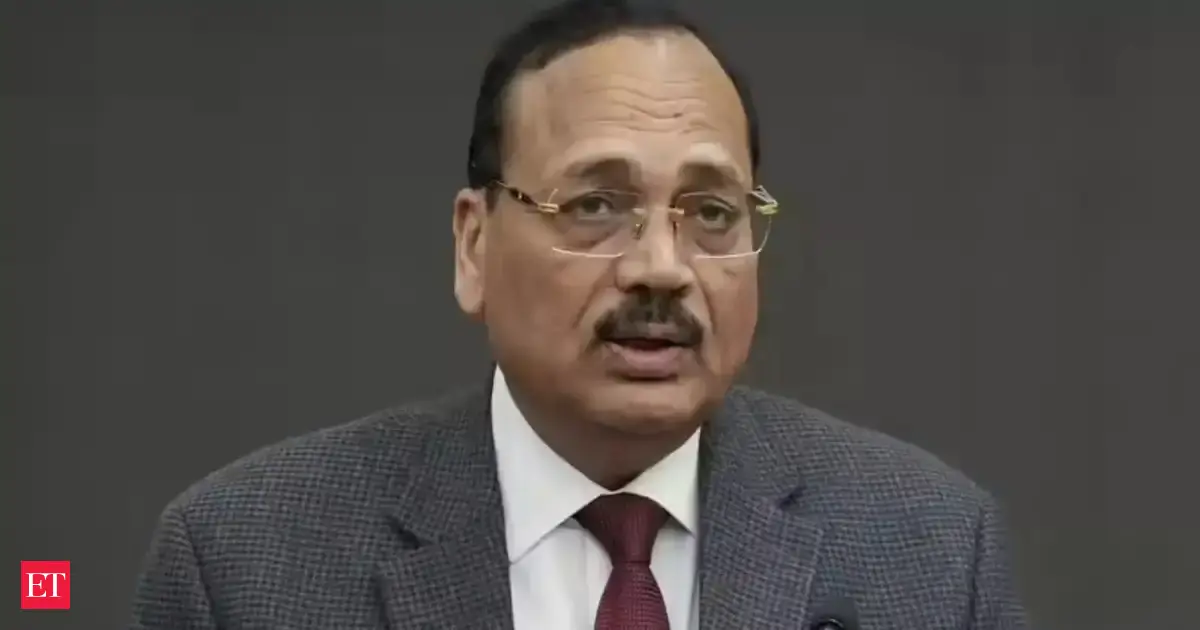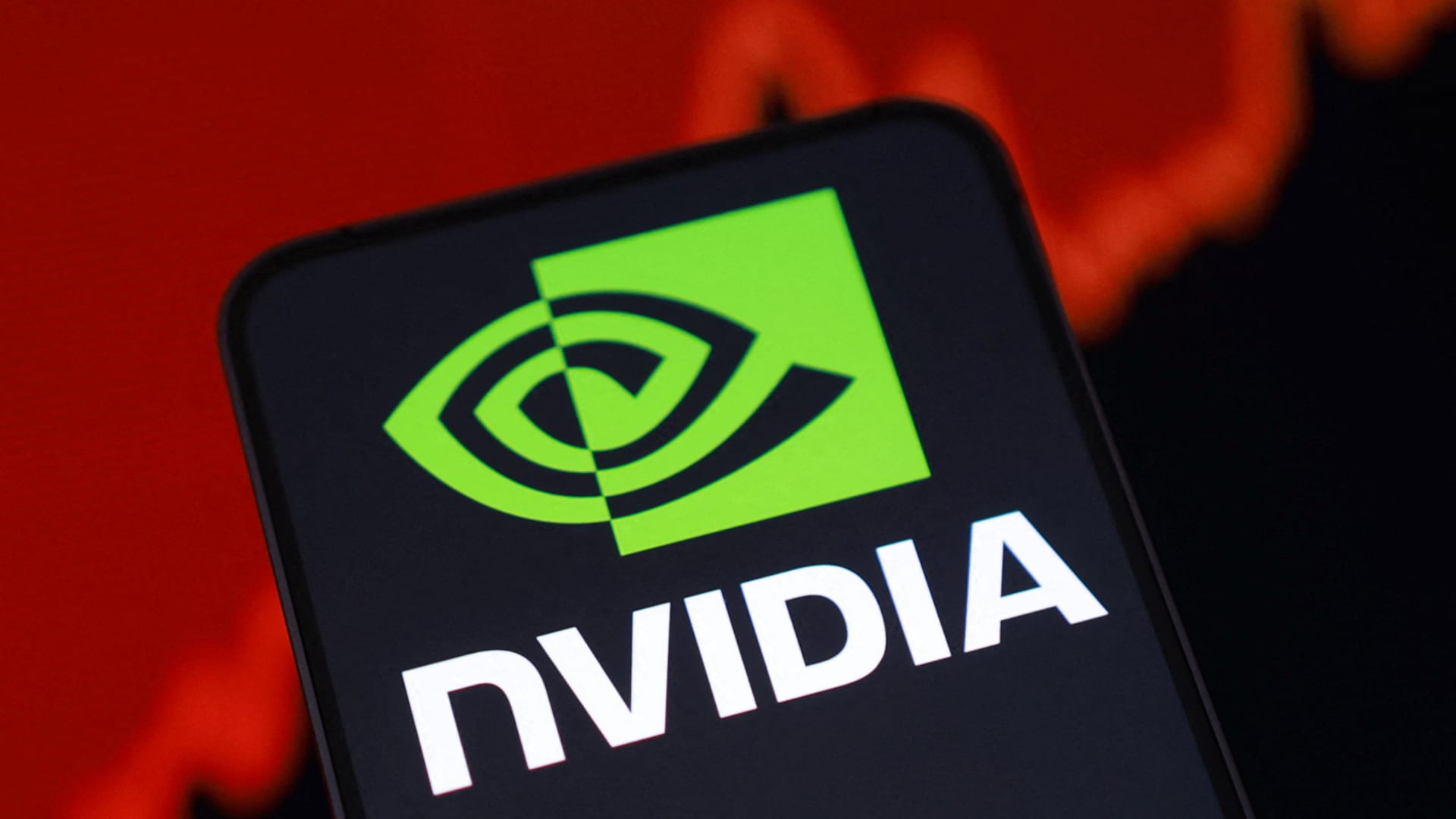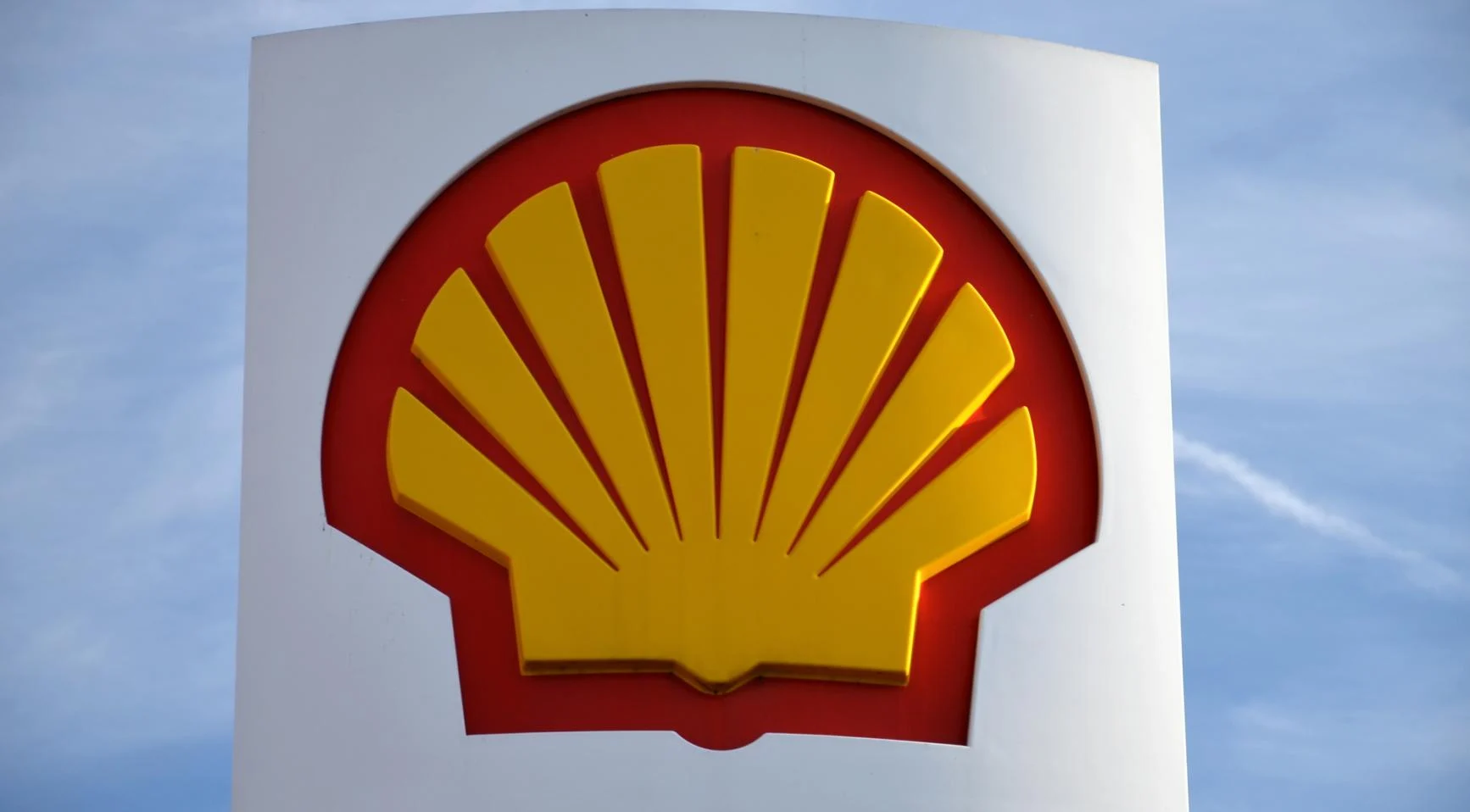Copyright scmp

The Dutch government is under renewed pressure to end its seizure of the Chinese-owned, Netherlands-based semiconductor company Nexperia, after Washington agreed to suspend its updated export control rule for one year. After a meeting between Chinese President Xi Jinping and his US counterpart Donald Trump on Thursday, China’s Ministry of Commerce said Washington would temporarily halt the implementation of its so-called 50 per cent subsidiary rule. Introduced in late September, that rule expanded US export restrictions to any company that was at least 50 per cent owned by entities on Washington’s trade blacklist. The one-year suspension is expected to complicate the geopolitical dispute surrounding Nexperia, a critical supplier of semiconductors with automotive, industrial, mobile and consumer applications. The Dutch government’s action, which included the ousting of Nexperia CEO Zhang Xuezheng, was partly a reaction to the anticipated effects of the new US rule. “China has found effective means to counterbalance relevant US policies”, said Zhang Guobin, founder of Chinese chip industry news website eetrend.com, referring to Beijing’s suspension of a set of new rare earth export controls unveiled in October. While the suspension of the 50 per cent subsidiary rule “cannot automatically undo the legal grounds for the Dutch intervention” in Nexperia, it did provide a crucial one-year window for its Chinese owner Wingtech Technology to mitigate the likelihood of an eventual mandatory divestment, according to Bai Wenxi, vice-chairman of China Enterprise Capital Union. Gary Ng, senior economist at Natixis Corporate and Investment Bank, agreed that the suspension of the 50 per cent rule removed the urgency for the Dutch government to pressure Nexperia for changes. Still, in the worst-case scenario, there could be shareholding changes alongside supply chain reshuffling, making it difficult to predict the situation a year from now, Ng said. Dutch authorities seized control of Nexperia on September 30 by invoking the obscure 1952 Goods Availability Act, a day after the US announced its 50 per cent rule. Since Nexperia is wholly owned by the blacklisted Wingtech, it fell under US sanctions. While the Netherlands cited mismanagement by Zhang as the official reason for the takeover, the unusual move reflects Europe’s increasingly precarious position amid the US-China rivalry. “The Hague acted as if constrained by necessity, yet that necessity has now vanished with a single comment from Trump,” said Sebastian Contin Trillo-Figueroa, geopolitics analyst and AsiaGlobal Fellow at the University of Hong Kong. “The Netherlands faces a complex dilemma between legal consistency, political credibility, and industrial survival.” The Netherlands seized control of Nexperia on September 30 by invoking the obscure 1952 Goods Availability Act, a day after the US announced its 50 per cent rule. Since Nexperia is wholly owned by the blacklisted Wingtech, it fell under US sanctions. While Dutch authorities have cited mismanagement by Zhang as the official reason for the takeover, the unusual move reflects Europe’s increasingly precarious position amid US-China rivalry. Wingtech has publicly demanded that the Dutch government relinquish control of Nexperia. Meanwhile, Beijing has imposed export controls on products originating from Nexperia’s key factory in Dongguan, a city in southern China’s Guangdong province. The facility had significantly reduced production in recent days, the Post reported on Monday. Nexperia’s China unit has also openly defied directives from the Dutch head office, telling employees and customers that it intended to operate independently. The easing of US restrictions is expected to benefit the global automotive chip industry, which has faced uncertainty due to the Nexperia dispute.



